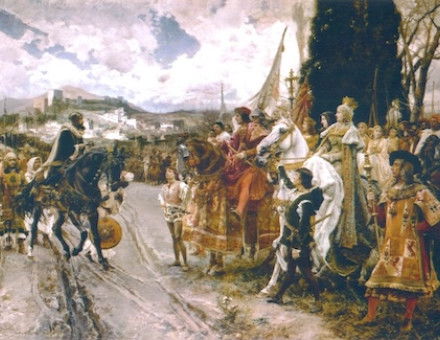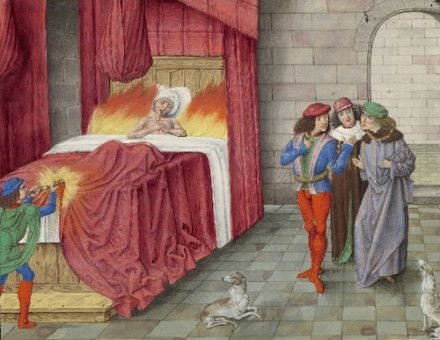Growth, Digestion, Decay and Resurrection
Philip Lyndon Reynolds considers the battle between faith and reason in approaching a key subject of human existence.
In the twelfth and thirteenth centuries some scholastic theologians believed that the human body did not incorporate food, and that the entire stuff of all human bodies had descended and ‘multiplied’, without the addition of any extraneous material, from Adam’s body. To us, the idea that matter can grow without the addition of fresh material seems at best counter-intuitive. Bearing on the relationship between the physical body and the body that was expected to resurrect on the Day of Judgement, the issue produced a demarcation dispute between the respective claims of theology and of natural philosophy, which was played out notably among the schoolmen of Paris and Oxford.





